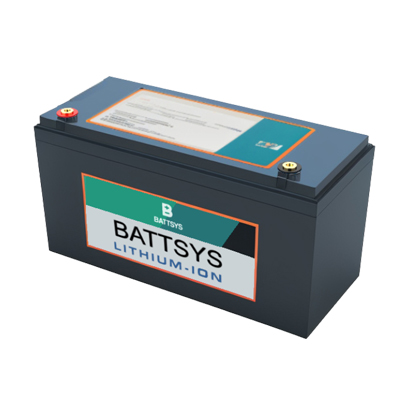Can a typical charger charge a lithium battery?
General chargers cannot charge lithium batteries because they are usually set to a two-stage or three-stage charging mode, and the voltage level of general batteries and lead-acid batteries does not match. There are many types of lithium batteries, and their performance and battery protection board parameters may vary. Therefore, lithium batteries are not the same as general batteries and have universal battery chargers. Generally speaking, lithium batteries come with a dedicated charger when they leave the factory. To protect lithium batteries, a dedicated charger is required.
The voltage and current of a typical charger are too high to meet the charging conditions of a lithium battery. The charging termination voltage of an 11V lithium battery should be 12.5V, and the charging current range is 0.1 to 1.5 times the capacity of the lithium battery. In order to extend the battery life, it is generally better to use 0.1 times and 0.5 times for fast charging.
Lithium ion battery charging control first charges according to a constant current, and then when the battery voltage rises to 4.2V, the voltage no longer rises. The charger tests the current and ends charging if it is less than a certain value. Lithium ion batteries are sensitive to overcharging, so the protection circuit is complex. The maximum charging rated voltage for a single nominal 3.6V battery is 4.2V, and the allowable upper limit of error is not more than 1%.

The detailed usage steps for charging a
lithium battery charger are very simple. Simply plug in a typical battery charger and check the power indicator. Charging lithium batteries should meet the voltage matching and current matching with the ampere hour capacity of the lithium battery; In addition, the charger has a charging protection function to guard against overcharging, malfunctions, etc.
